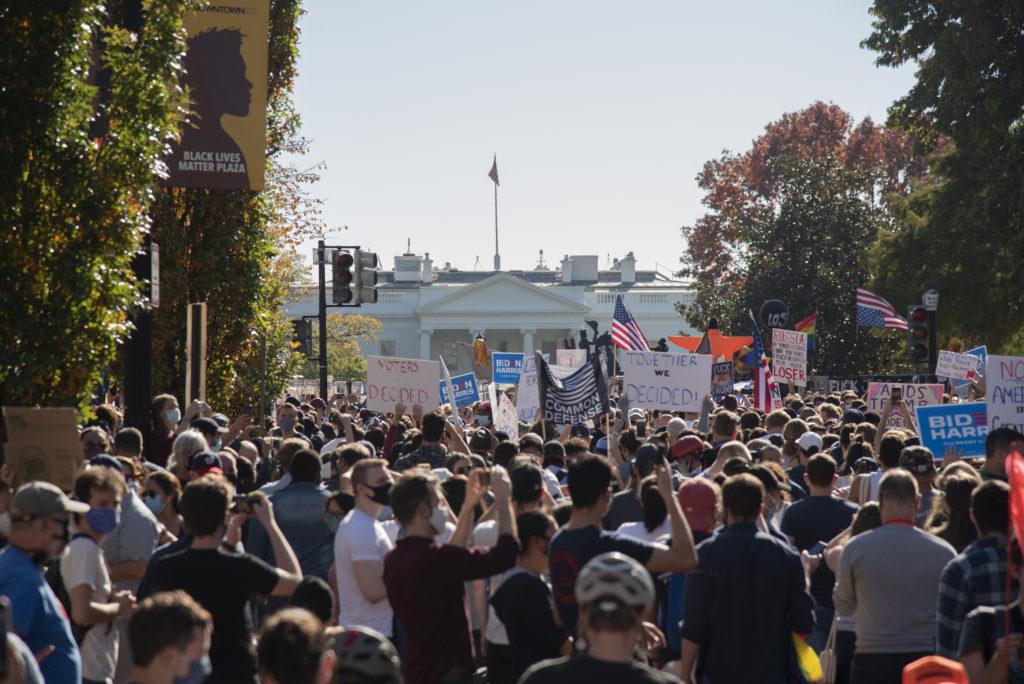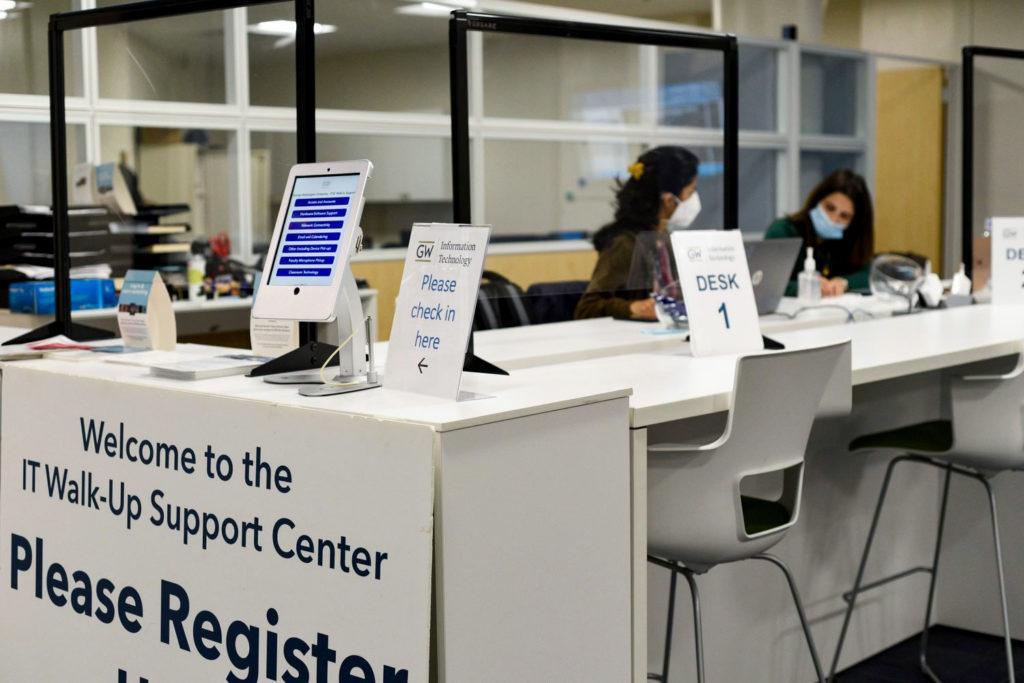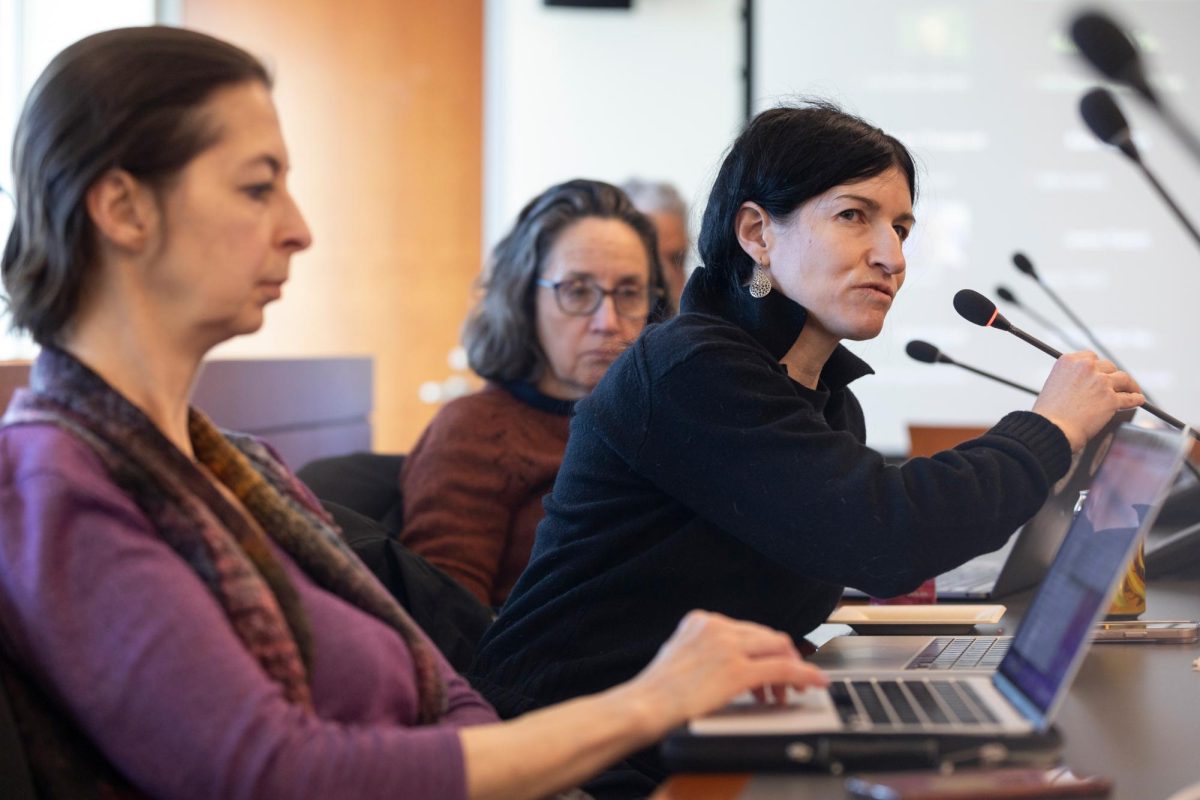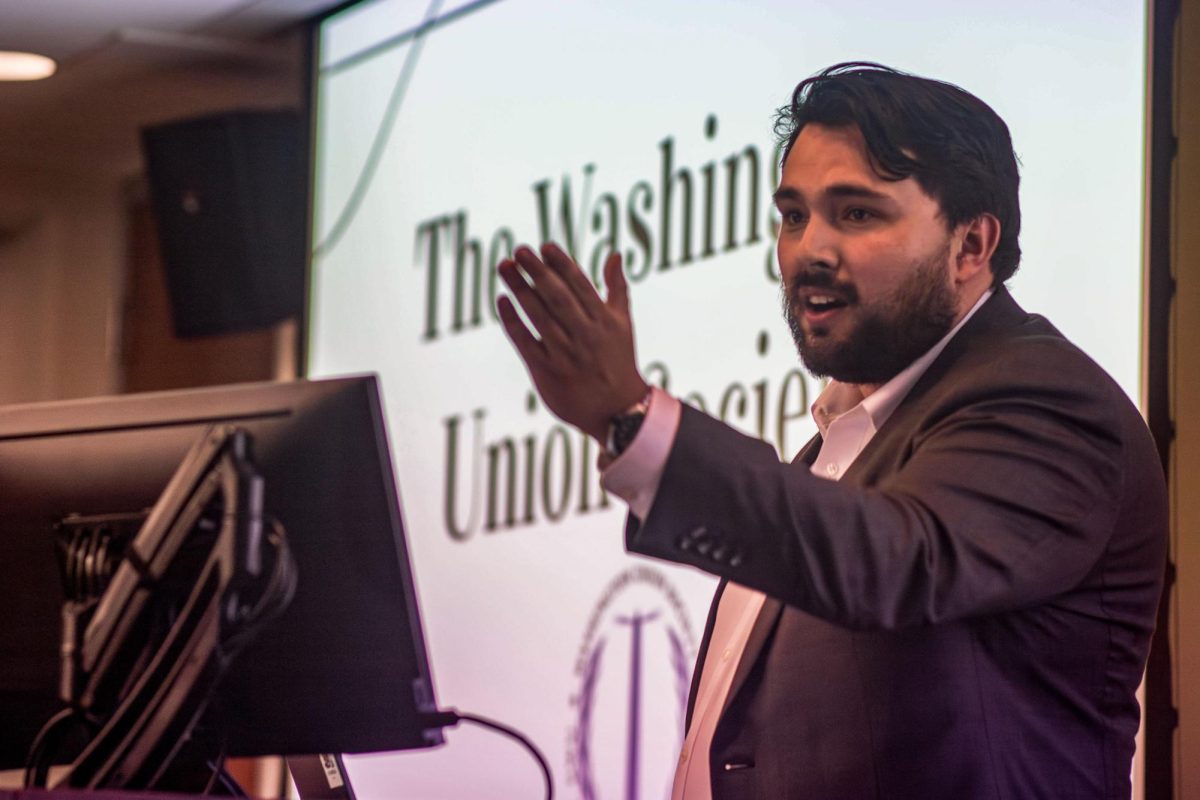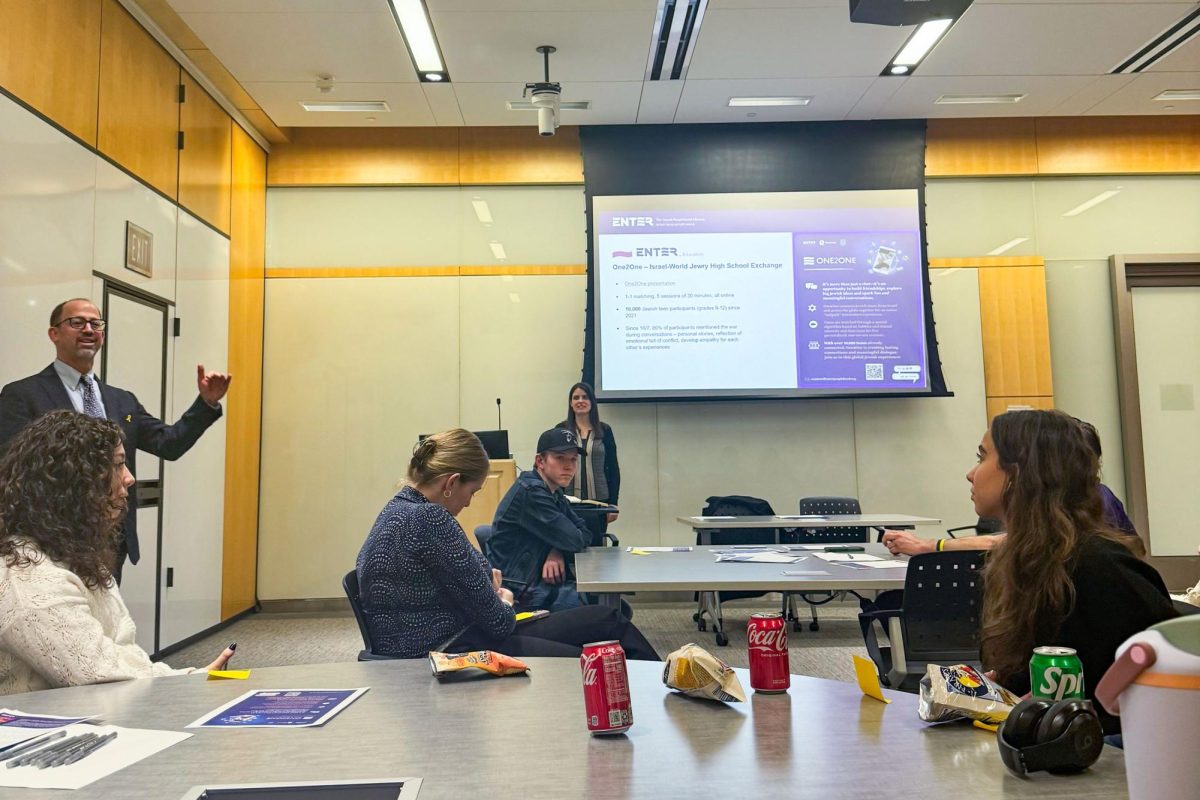Updated August 8, 2024, at 10:09 p.m.
GW will consider this year’s Election Day on Nov. 5 and presidential election days going forward University holidays, officials announced on Tuesday.
The University will not hold synchronous classes and offices will be closed to allow students, faculty and staff members to vote in the election, the release states. The announcement follows a three year-long effort by members of the Student Government Association to have officials adopt Election Day as a holiday to promote civic engagement among students.
“Make the most of your Election Day holiday and make your voices heard,” University President Ellen Granberg and Provost Chris Bracey said in the release.
The announcement adjusted the last day of classes to Dec. 10 and shortened the final examination period by one day to accommodate the holiday, according to the release.
SGA Vice President Ethan Lynne said he and SGA President Ethan Fitzgerald had “conversations” with GW’s administration to advocate for the holiday. Lynne said most students he spoke to during his recent vice presidential campaign brought up their desire to have Election Day off, noting that GW is considered one of the most civically engaged universities.
Lynne said he’ll be driving two hours to his hometown to vote, adding that “several” of his friends have said that the holiday allows them to travel home to vote. During the 2022 midterm elections, more than 20 out-of-state students reported difficulties receiving and mailing their absentee ballots due to delivery delays and mailbox issues at GW Mail and Package Services.
“Having election day off and helping to encourage more students to go home and vote, or they actually take voting seriously if they need to, is a huge step,” Lynne said.
Dan Saleem, a former SGA senator, said he proposed the Election Voting Day Act last year which pushed for “academic accommodations” like virtual classes and no assessments on Election Day. He said he met with Dean of Students Colette Coleman who suggested distributing free hot chocolate and cookies in November to promote resources like GW Votes, a nonpartisan coalition promoting voter registration for information.
Saleem added that GW has a large population of students in the Columbian College of Arts and Sciences and Elliott School of International Affairs because they believe in the power of politics and government.
“At a school, especially like GW, voting rights and accessibility to voting on Election Day takes the top cake,” Saleem said.
Kai Simson, a former GW graduate student and SGA senator (CPS-G), said he originally proposed The Civic Day of Service Election Day Act in fall 2021 which asked officials to give students Election Day off every two years for the presidential and midterm elections. He said the legislation was passed unanimously in the SGA, but officials were “not comfortable” with the proposal of canceling classes for Election Days.
Simson said he proposed a second legislation in fall 2022 called The Election Day Voting Act which requested professors to not take attendance on presidential and midterm Election Days, opposed to the University canceling classes. He said the second legislation was passed unanimously by the SGA, but after “back and forth” conversations between the SGA and GW administration, he said he realized receiving accommodations for Election Day was a “long term” task.
“We went back and forth with administration, and unfortunately, we just never really heard back on the effort,” Simson said.
Simson said he worked closely with GW Votes, a nonpartisan coalition promoting voter registration, who helped him draft both pieces of proposed legislation and communicate with administration.
“GW Votes really was my partner from day one, and really helped me kind of understand what administration might want,” Simson said.
Simson said he was “excited” when the University declared presidential Election Days an official holiday and that he wants students to trust the SGA to make a positive impact on the community.
“I’m hopeful, maybe going forward, if somebody who might be interested in this could make it every two years,” Simson said. “But I’m really grateful that administration saw how important this effort was.”
Molly St. Clair contributed reporting.
This post was updated to correct the following:
The Hatchet incorrectly reported that the creation of the University holiday follows a two year long effort by the SGA, the effort was three years long. We regret this error.
This post was updated to include the following:
This article was updated to include comment from Kai Simson.


